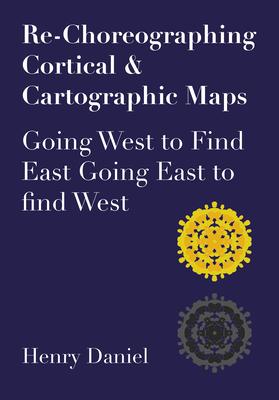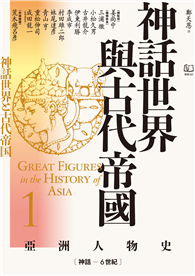An autoethnographic approach to understanding the neurological process of embodied experiences.
This book is a transdisciplinary approach to practice-as-research, complete with an elaborate theory of practice and a set of four multi-year performance research projects through which the theory plays out. Its methodology is at times ethnographic, as the author deftly inserts himself and his Caribbean West African ancestry into a series of complex cortical and geographic maps, which become choreographic in every sense of the term. The central argument in the book is based on a claim that human beings are cognitively embodied through their own lived experiences of movement through space and time; the spaces we inhabit and the practices we engage in are documented through cortical and cartographic maps. In short, as we inhabit and move through spaces our brains organize our experiences into unique cortical and spatial maps, which eventually determine how we see and deal with, or "become," subjects in a world that we also help create. The argument is that through performance, we can claim the knowledge that is in the body as well as in the spaces through which it travels.| FindBook |
|
有 1 項符合
re-choreographing cortical & cartographic maps: going west to find east. going east to find west的圖書 |
 |
$ 2277 | Re-Choreographing Cortical & Cartographic Maps: Going West to Find East. Going East to Find West
作者:Daniel 出版社:Intellect (UK) 出版日期:2023-03-06 語言:英文 規格:平裝 / 280頁 / 普通級/ 初版  看圖書介紹 看圖書介紹
|
|
|
圖書介紹 - 資料來源:博客來 評分:
圖書名稱:Re-Choreographing Cortical & Cartographic Maps: Going West to Find East. Going East to Find West
|











